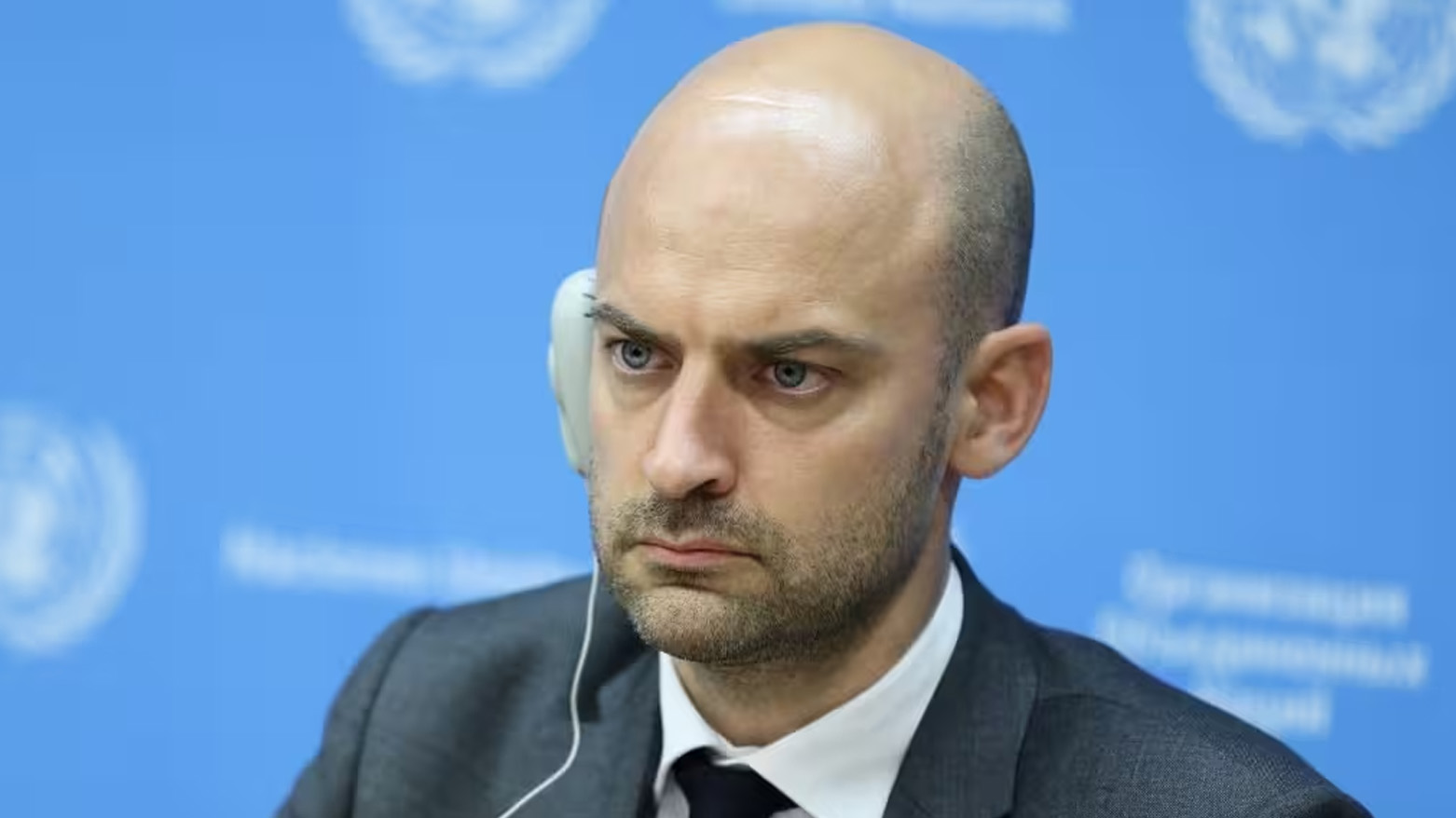France says US should not deny Palestinians access to UN summit
France urges US not to deny Palestinian officials access to UN summit, calling restrictions unacceptable. The appeal follows Washington's visa ban for PA members, which it says is due to "actions undermining peace.

ERBIL (Kurdistan24) - French Foreign Minister Jean-Noel Barrot on Saturday called on the United States not to restrict Palestinian officials from attending next month’s United Nations General Assembly (UNGA), after Washington announced it would deny visas to members of the Palestinian Authority (PA).
“A UN General Assembly meeting should not be subject to any restrictions on access,” Barrot declared at a meeting of European Union foreign ministers in Denmark. Several other EU ministers echoed France’s stance, urging Washington to honor its obligations as host country of the United Nations headquarters in New York.
The U.S. decision, unveiled on Friday, represents an extraordinary and politically charged step. Secretary of State Marco Rubio confirmed that the administration had revoked or refused entry visas for Palestinian Authority and Palestine Liberation Organization officials.
In its statement, the U.S. State Department argued the decision was consistent with U.S. law and security interests, citing what it described as repeated failures by the Palestinian leadership to honor commitments, as well as its “actions undermining prospects for peace.” The statement further insisted that before the Palestinian Authority can be considered a legitimate partner, it must “repudiate terrorism—including the October 7 massacre—and end incitement to terrorism in education.”
Washington also demanded that the PA cease its international legal campaigns, including cases before the International Criminal Court (ICC) and the International Court of Justice (ICJ), as well as its push for unilateral recognition of Palestinian statehood. According to U.S. officials, such measures had “materially contributed to Hamas’s refusal to release hostages and to the breakdown of Gaza ceasefire talks.”
While the visas were denied, the State Department clarified that the Palestinian mission to the UN would still be covered by existing waivers under the UN Headquarters Agreement.
France’s strong response comes as Paris is preparing to lead a diplomatic effort at the UN General Assembly to formally recognize the State of Palestine, a move welcomed by the Palestinian Authority but strongly opposed by Israel.
The U.S. decision, however, underscores the Trump administration’s alignment with Israel, which rejects Palestinian statehood and seeks to sideline the PA from any future political arrangements in Gaza.
The Palestinian Authority swiftly condemned Washington’s decision, calling it a violation of international law and a breach of the UN Headquarters Agreement. The PA emphasized that the denial of visas “stands in clear contradiction to international law,” and urged the United States to reverse its stance.
Palestinian President Mahmoud Abbas, who at 89 had planned to personally attend the UNGA, now faces exclusion from a platform he has used for decades to press the case for Palestinian statehood. Abbas once maintained cordial ties with Washington, but relations have sharply deteriorated in recent years.
The timing of the U.S. move is widely seen as significant, coming just weeks before France is expected to formally recognize Palestine at the UN. For Paris, this represents both a symbolic and substantive step toward addressing Palestinian aspirations for statehood, while Washington insists its hardline approach reflects a need to hold the Palestinian leadership accountable.
Despite the escalating tensions, the U.S. statement left a narrow opening for re-engagement, noting that Washington remains prepared to work with the Palestinians if they take “concrete steps to return to a constructive path of compromise and peaceful coexistence with the State of Israel.”
As the world prepares for the upcoming UN General Assembly, the debate over Palestinian representation has crystallized broader divisions within the international community—between those seeking to advance recognition and inclusion, and those reinforcing restrictions in line with geopolitical alliances.